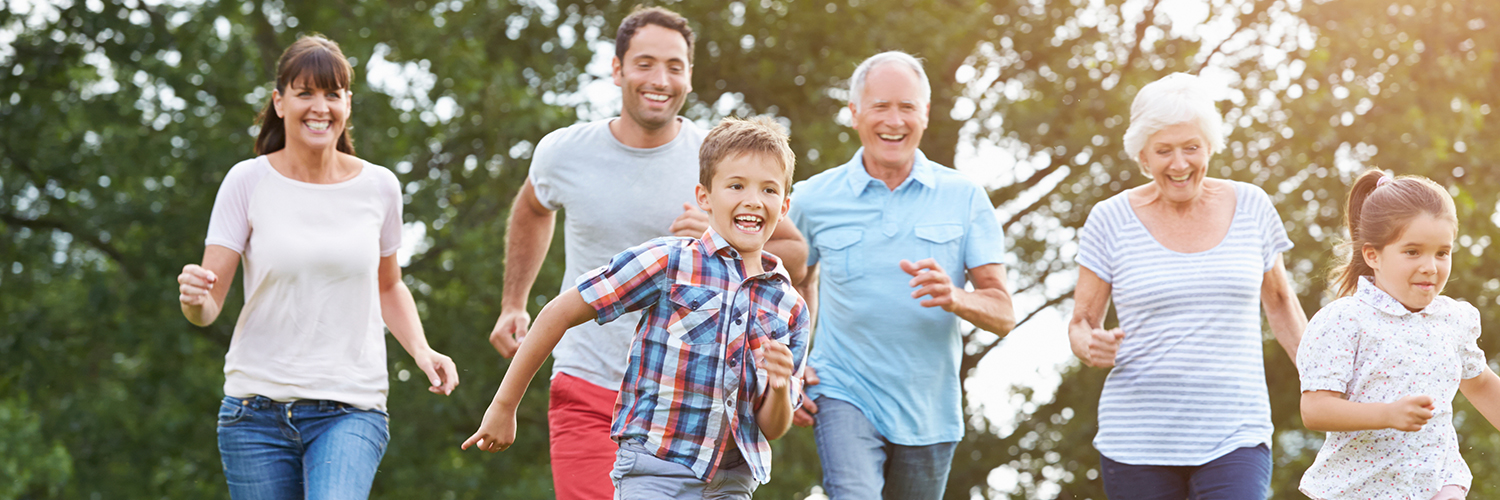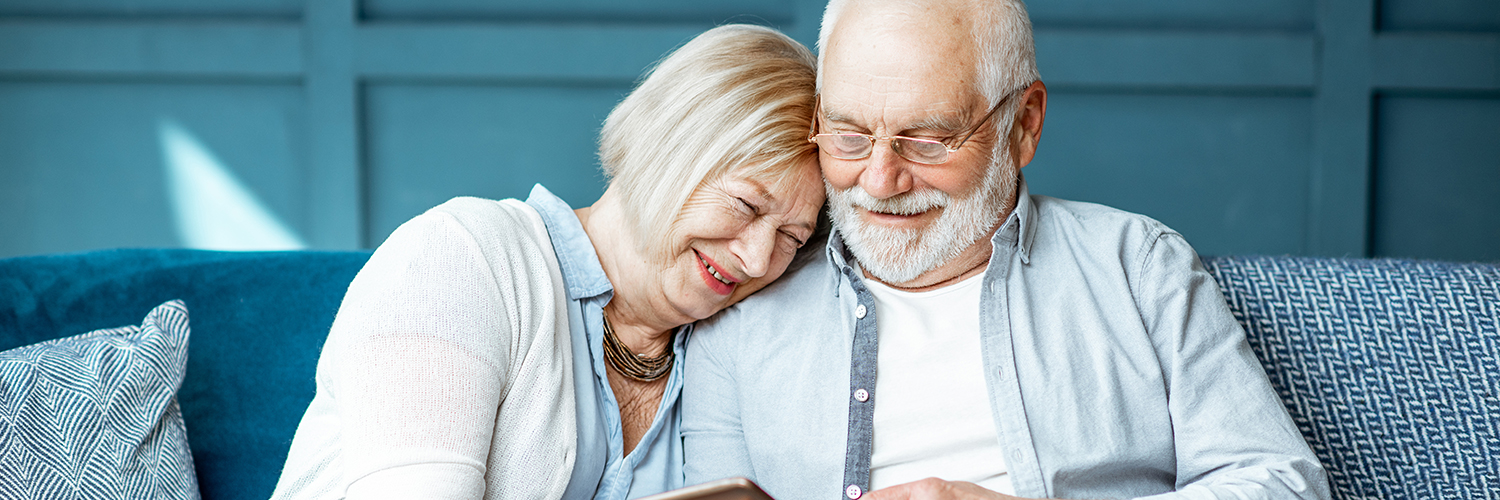CARDIOVERSION
What is cardioversion?
Cardioversion is a procedure your healthcare provider uses to put your heart back into a normal rhythm. They can use a device or medicine to change your heart rhythm. A cardioversion can save your life if you’re having a ventricular arrhythmia that could lead to a sudden cardiac arrest. In other cases, your provider schedules a cardioversion to prevent future problems.
Types of cardioversion
- Electrical cardioversion (with a device): A defibrillator delivers a shock to your heart through handheld paddles or through electrode patches on your chest and back. If you’re at high risk for dangerous arrhythmias or your heart doesn’t work well, your provider may put in an implantable cardioverter-defibrillator (ICD) that can correct your rhythm. Wires from the device send a shock to your heart whenever you need it.
- Chemical cardioversion (with medicine): Your provider can give you medicine you swallow or receive through an IV. It can work in minutes, hours or even days. You may receive this medicine in a hospital so your provider can keep an eye on your heart rhythm. If you’re taking this medicine at home, you’ll need to stay in touch with your provider.
What does cardioversion treat?
Cardioversion can correct many types of fast or irregular heart rhythms, including:
- Atrial fibrillation and atrial flutter (the most common conditions providers treat with cardioversion).
- Atrial tachycardia.
- Ventricular tachycardia.
- Ventricular fibrillation.
Why do I need cardioversion?
You may need cardioversion to get your heart rate and rhythm back to normal so your heart can pump like it should. Abnormal heart rhythms can cause symptoms including:
- A pounding or fluttering feeling in your chest.
- Shortness of breath.
- Chest discomfort.
- Dizziness or extreme fatigue.
These symptoms are signs that your heart isn’t pumping enough blood to your body. Even if you barely notice your symptoms, skipping treatment could lead to more serious problems, like a heart attack or stroke.
What happens on the day of my cardioversion procedure?
Your healthcare team will give you detailed instructions before your cardioversion.
You’ll need to make plans to have someone come with you to drive you home. You won’t be able to drive for 24 hours after your procedure.
Should I take my blood thinner and diabetes medications?
Ask your provider how you should take your blood thinners/anticoagulants, such as warfarin (Coumadin® or Jantoven®), and your diabetes medications or insulin on the day of your cardioversion.
Unless your provider tells you otherwise, take all other regular medications as scheduled. Take them with small sips of water on the day of your cardioversion.
Can I eat before the procedure?
Eat a normal meal the evening before your procedure. DO NOT eat, drink or chew anything after midnight before your procedure. This includes gum, mints, water, etc.
Be careful not to swallow any water when you brush your teeth.
What should I wear?
You’ll want to keep it simple on the day of your procedure.
- Wear comfortable, easy-to-fold clothes when you come to the hospital. You’ll wear a hospital gown for the procedure.
- Don’t wear makeup or nail polish.
- Don’t use deodorant, powder, cream or lotion on your back or chest. These can cause problems with the adhesive pads your provider uses during the procedure.
- Leave all jewelry (including wedding rings), watches and valuables at home.
What should I bring?
Bring a complete list of your medicines and a one-day supply of your prescription medications. Don’t take these medications without talking with your provider first.
What happens before the procedure?
You’ll lie on a bed, and your provider will start an intravenous (IV) line in your arm or hand. They’ll give you medications and fluids through the IV during the procedure in the electrophysiology (EP) lab.
They’ll put electrocardiogram (ECG) patches and adhesive cardioversion pads on your chest, and possibly your back. If there’s hair in the way, they’ll shave it.
You may need to have a transesophageal echocardiogram (TEE) before your cardioversion. Your provider will numb your throat and put a thin tube with a transducer into it. The transducer creates pictures of your heart to check for blood clots that could come loose during the procedure.
Will I be awake during the procedure?
No. You’ll get medication through your IV to make you fall asleep during the procedure.
What happens during the procedure?
While you’re asleep, your provider will use the cardioverter machine (defibrillator) to quickly deliver specific amounts of energy to your heart through the cardioversion pads. The shock interrupts your abnormal electrical rhythm and restores a normal heart rhythm. It may take several shocks to get your rhythm back to normal, but it won’t be painful as you’ll be asleep.
Equipment your healthcare team uses during the procedure
During your cardioversion procedure, your provider will monitor your oxygen level, heart rhythm and blood pressure. They’ll use the following equipment:
- Cardioverter: Attached to sticky pads placed on the normal center of your back and one on your chest. This lets your healthcare team control your heart rhythm rate and deliver energy to your heart muscle.
- Electrocardiogram (ECG/EKG): Keeps track of your heart’s electrical activity. Your provider will attach several sticky patches (electrodes) to your chest, and wires will carry the information to a machine that creates a graph.
- Blood pressure monitor: A cuff on your arm will inflate and deflate to keep track of the pressure inside your blood vessels.
- Oximeter: A small clip on your finger measures the amount of oxygen in your blood.
How long does the cardioversion procedure last?
The procedure itself lasts only a few minutes. However, you should plan to spend about four to six hours total to allow time for procedure preparation and your recovery.
What happens after this procedure?
You‘ll slowly wake up after the procedure. You’ll be drowsy from the medication your provider gave you during the procedure. Your chest may be tender for a few days. Hydrocortisone cream can give you some relief.
Once you’re fully awake, your healthcare provider will talk to you about your procedure results and your plan of care. Be sure to ask your provider if you should keep taking the same medications you took before the procedure. You may need to take medicine to keep an abnormal heart rhythm from happening again.
What should I expect during the recovery?
When you move to the recovery area, you can have something to eat and drink, and your family can visit. You may have an EKG before you go home. Your provider will keep checking your blood pressure and heart rhythm.
Your provider will tell you which over-the-counter medications you can take for pain relief if needed. Let them know about any symptoms that are severe or last a long time. You may need to take medicines to prevent abnormal rhythms and/or blood clots.
Will I have to stay in the hospital?
No. You will likely go home the day of the procedure.
Will I be able to drive myself home?
No. For your safety, a responsible adult must drive you home. You won’t be able to drive for 24 hours after the procedure.
What are the advantages of cardioversion?
Cardioversion returns your heart rhythm to normal and cuts down your symptoms. Also, your heart may work better after cardioversion.
What are the risks or complications of cardioversion?
Complications don’t happen often. They include:
- A rash or temporary damage to your skin from the electrodes.
- Bruised skin from your IV.
- Blood clots in your heart can break loose and cause a stroke.
- An abnormal heart rhythm that gets worse.
- Allergic reactions to a medication.
What is the recovery time?
You’ll most likely go home the same day as your cardioversion. However, you can’t drive for 24 hours because you’ll be sleepy from the anesthesia. You’ll be able to eat and drink after your procedure. Ask your provider when you can go back to work.
WHEN TO CALL THE DOCTOR
When should I see my healthcare provider?
You’ll need to keep your follow-up appointments with your provider so they can see how well you’re responding to treatment. They’ll also want to see if you’re on the right dose of any medicines they prescribed for you. Tell your provider if you start having symptoms again.
Dr Ubaid works well with all the staff. His approach to his fellow workers is both patient and respectful. His easy going manner makes him very approachable to ask advice and he accommodates any delays graciously. I personally look forward to working with him.
Your kindness and good humour were very much appreciated and certainly put me at ease throughout the procedure, which on other ocassions has been quite daunting, your relaxed approach to my problem was very calm and professional.
In Dr Salahaddin Ubaid I had a medical genius who also contributed significantly to aiding me overcome all of the negative worries and emotions I was feeling. The care he provided to me, his attention to detail, his personal knowledge, expertise, experience and skills was outstanding.
His presence radiates a warmth, he instils confidence in all those around him, he sets an example for others to follow and is a role model for others to aspire to be like. He was kind, courteous, professional, understanding, caring and highly approachable and relatable as well as the medical guru we all benefit from and rely on to give us our lives back.
In life we all need role models, if I was in training to be a doctor you would certainly fit that role for me. I thank you so much for what you have done to allow me to continue with my fitness regime and wish you well in the life ahead of you.
What I valued as much as his erudition was his people skills, he related to everyone as an individual, his understanding, communications, interactions and personable nature were exceptional. Dr Ubaid was quite simply staggering, he is somebody that has had a significant impact on me, not just for giving me my life back and for his medical genius but for being the person that he is.
A great team player, all of the nursing staff are very happy to work with Salahaddin as he is polite, efficient, and has a great aura of calmness and competence and appreciates the time to be light-hearted.






